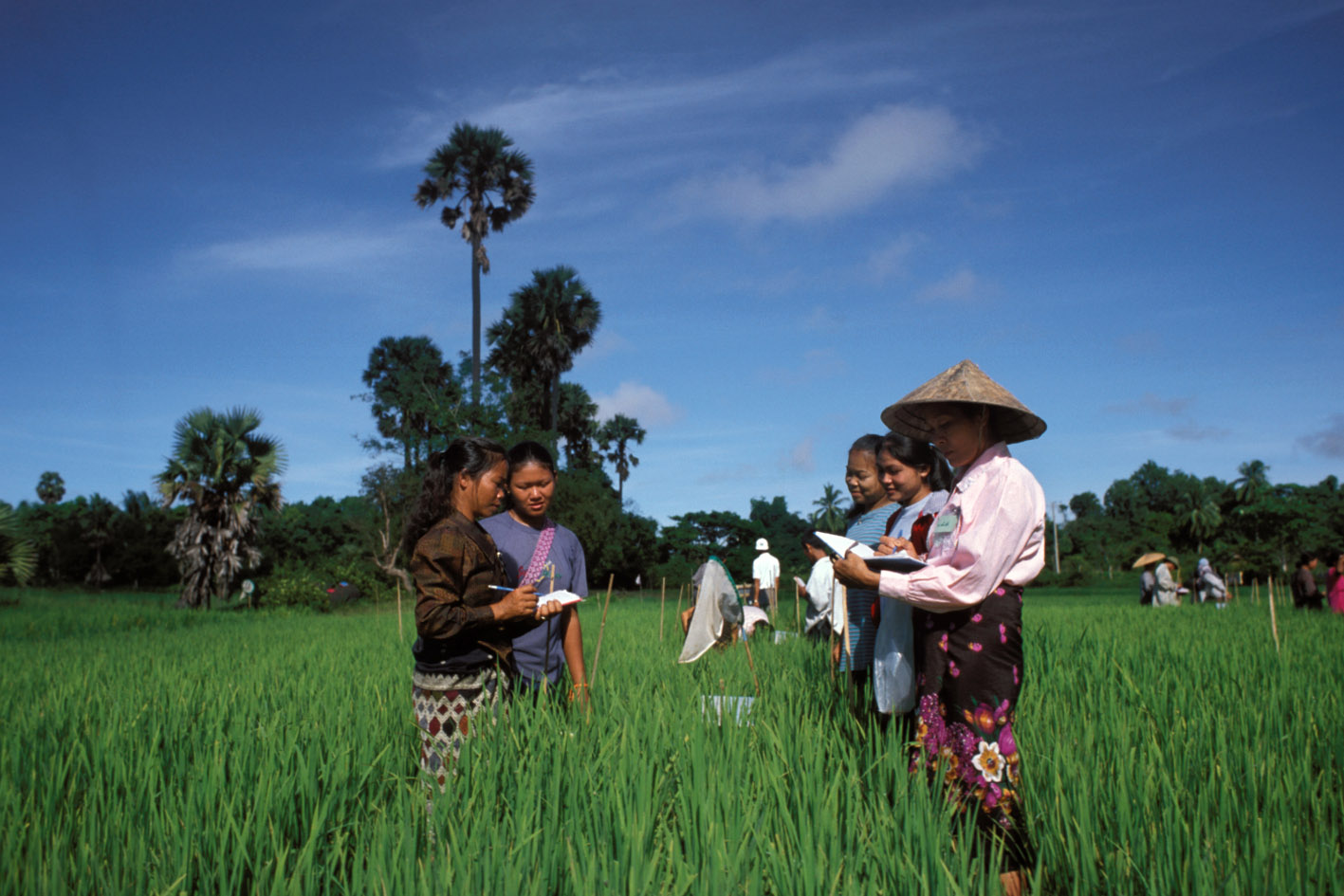Living Standards Measurement Survey 1996
Kazakhstan, 1996
Get MicrodataIdentification
KAZ_1996_LSMS_v01_EN_M_v01_A_OCS
Living Standards Measurement Survey 1996
| Name | Country code |
|---|---|
| Kazakhstan | KAZ |
Living Standards Measurement Study [hh/lsms]
The Living Standards Measurement Study (LSMS) was established by the World Bank to explore ways of improving the type and quality of household data collected by statistical offices in developing countries. The goal is to foster increased use of household data as a basis for policy decision making. The Living Standards Measurement Study (LSMS) was initiated in 1980 as a response to a perceived need for policy relevant data that would allow policy makers to move beyond simply measuring rates of unemployment, poverty and health care use, for example, to understanding the determinants of these observed social sector outcomes. The program is designed to assist policy makers in their efforts to identify how policies could be designed and improved to positively affect outcomes in health, education, economic activities, housing and utilities, etc. This is the first Living Standards Measurement Survey conducted in Kazakhstan.
The aim of this study was to select objective, representative and as far as possible, total information which would enable users to draw up a picture of the actual status of living standards of the population of the Republic of Kazakhstan. This information should be the basis for the assessment of efficiency of Governmental Economic and Social Reforms and should assist in the application of specific levels of social protection. The Kazakhstan LSMS created a basis for the permanent living standards measurement survey in the Republic of Kazakhstan. The LMSM 1996 could be regarded as the "starting point" based on which further surveys can be carried out and this will allow comparative analysis of the data, and thus supervision and assessment of the dynamics of social status of the population in the country can be performed.
Sample survey data [ssd]
Households
Scope
The scope of the study includes:
- Household roster
- Housing conditions
- Durable goods
- Agriculture and livestock
- Consumption
- Food purchases
- Home production
- Expenditures in last 12 months
- Income
- Migration
- Education
- Caring for children
- Occupation, employment
- Time budget
- Health, medical care, women's health
- Anthropometrics
| Topic | Vocabulary |
|---|---|
| Agriculture & Rural Development | FAO |
| Migration & Remittances | FAO |
| Access to Finance | FAO |
| Health | FAO |
| Nutrition | FAO |
| Population & Reproductive Health | FAO |
| Social protection | FAO |
| Poverty | FAO |
| Fragile & Conflict-affected States | FAO |
| Animal health | FAO |
Coverage
National
Producers and sponsors
| Name |
|---|
| State Statistical Committee of Kazakhstan (Goscomstat) |
| SIGMA Institue Berlin for Statistical Data Analysis |
| Name | Role |
|---|---|
| The World Bank | Technical assistance |
Sampling
A sample designed for LSMS had to assist to:
- reflect the realistic picture of social and territorial distribution of the population in the Republic of Kazakhstan (representativeness
-compare the outcome of LSMS in Kazakhstan with the results of LSMS on other countries , which were performed based on possible sample principals (comparability)
To create a basis to design a probability sample, GOSCOMSTAT and its oblast branches in May 1996 have delivered the most actual numerical material concerning population as of 01-01-1996. in the end, Sample size selected was 1,996 households
Refer to World Bank data
Data collection
| Start | End |
|---|---|
| 1996-06 | 1996-08 |
Data processing
Data entry:
Special software has been created for data entry which was based on CLIPPER software with both Russian and English indicators. Data entry Program complied to the design of Questionnaires which assure maximum similarity of the screen to physical layout of questionnaire. This eased the data entry significantly and assisted the avoidance of serious mistakes along with signals which when the entry errors or entry of illogical and non-acceptable questions was made.
Data processing:
At this labour-intensive stage of the project, the data has been initially checked for completeness and logical consistence. The major part of any revealed errors and discrepancies has been corrected without any loss of information and distortion of the results. Some questionnaires were entered once again due to the errors which could not be corrected directly after the first entry
Data Access
| Is signing of a confidentiality declaration required? | Confidentiality declaration text |
|---|---|
| yes | https://microdata.worldbank.org/index.php/terms-of-use |
Use of the dataset must be acknowledged using a citation which would include:
- the Identification of the Primary Investigator
- the title of the survey (including country, acronym and year of implementation)
- the survey reference number
- the source and date of download
Example: State Statistical Committee of Kazakhstan, SIGMA Institue Berlin for Statistical Data Analysis. Kazakhstan Living Standards Measurement Survey (LSMS) 1996, Ref. KAZ_1996_LSMS_v01_M_v01_A_PUF. Dataset downloaded from [URL] on [date].
Disclaimer and copyrights
The user of the data acknowledges that the original collector of the data, the authorized distributor of the data, and the relevant funding agency bear no responsibility for use of the data or for interpretations or inferences based upon such uses
Contacts
| Name | Affiliation | URL | |
|---|---|---|---|
| LSMS Data Manager | The World Bank | [email protected] | surveys.worldbank.org/lsms |
Metadata production
DDI_KAZ_1996_LSMS_v01_EN_M_v01_A_OCS_FAO
| Name | Affiliation | Role |
|---|---|---|
| Office of Chief Statistician | Food and Agriculture Organization | Adoption of metadata for FAM |
| Development Data Group | The World Bank | Generation of DDI documentation |
Metadata version
KAZ_1996_LSMS_v01_EN_M_v01_A_OCS_v01
